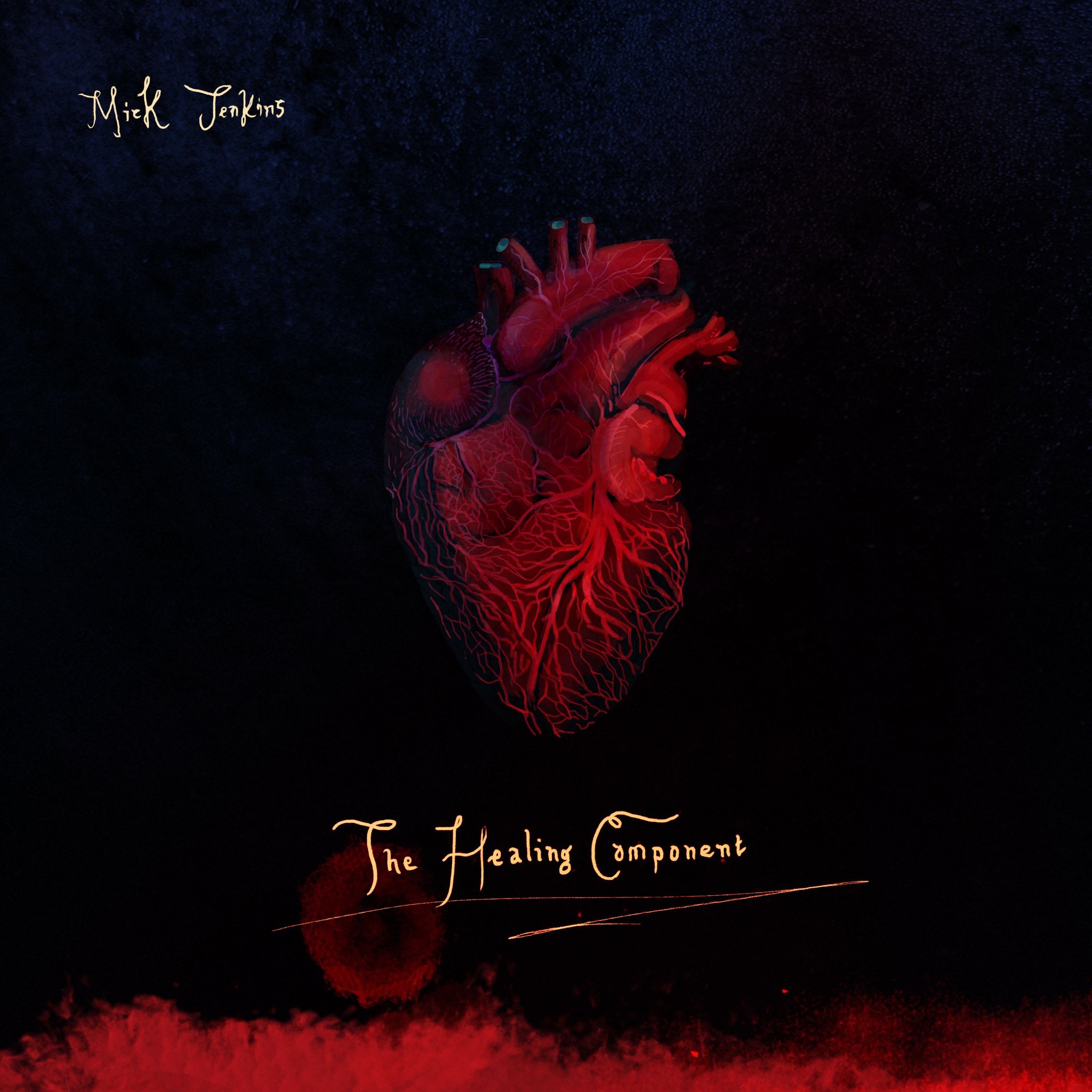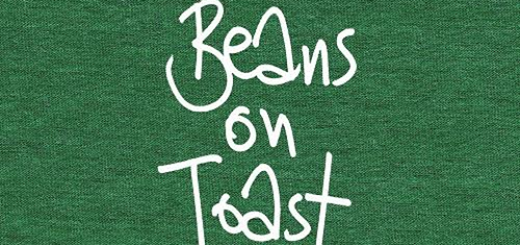THE HEALING COMPONENT by Mick Jenkins

Genre: Conscious Hip Hop
Favorite Tracks: “The Healing Component,” “Drowning (featuring BadBadNotGood),” “Communicate (featuring Ravyn Lenae),” “Angles (featuring Noname and Xavier Omar)”
After Atlanta, Chicago is the most readily identifiable hotspot of hip hop energy and ingenuity in 2016. Much like the ATL, most of the city’s attitude and creative output is based in the unfortunately bolstered legacy of crime and violence, as trap rap reigns king down south and the morbid ultra-violence of drill dominates the underground in Chiraq. However, as a result, both cities are now seeing musical movements engendered in the desire to have a more progressive response, whether it be the bubblegum pop of the emerging post-trap movement headed by Lil Yachty, the sonic optimism of Sicko Mobb’s bop, or Chicago’s burgeoning, obsessively conscious “gospel rap” music, where artists such as Chance the Rapper, Noname, and Mick Jenkins are marking their territory. While Mick Jenkins can be credited for carving out a distinct voice and agency for himself, I enjoy THE HEALING COMPONENT in theory much more than I do in practice.
If you’ve kept up with his thematic throughline of both literal and spiritual hydration, it’s important to note that Mick Jenkins has moved on to another metaphorical substance: THC, a placeholder for love, the eponymous healing component. From the beginning, Mick Jenkins has preached a gospel of love, self-acceptance, and positivity, and THE HEALING COMPONENT notably doubles down on these topics of conversation, even going so far as to give catered attention to skits culled from a documentary on love Jenkins made in college. I don’t envy being in the position to say so, but there’s no way around the fact that, as with any album, insisting on presenting the same theme ad infinitum renders the process a dreary hike on a plateau, even if that theme is objectively important to present. Whereas an album such as the nearly impeccable TO PIMP A BUTTERFLY utilizes a complex and varied tapestry of both musical, lyrical, and thematic styles to portray a diverse and layered look at race relations in America, THE HEALING COMPONENT is content to drift hazily by on a stoned cloud of hugs and kisses. Is THE HEALING COMPONENT preferable to a run-of-the-mill Chief Keef or Gucci Mane mixtape in terms of what it means to society? Yes. Is THE HEALING COMPONENT as enjoyable as an example of the same? Well…
If there’s one thing that deserves to be firmly established in Mick Jenkins’s favor, it’s his stellar presence as an emcee. Two verses rarely sound the same, and the rhythmic variations he manages to inject into his deliveries on songs such as “The Healing Component,” “Daniel’s Bloom,” “Plugged,” and “Angles” make a strong case for Jenkins as a holder of a severely underrated flow. However, Jenkins seems to often get lost in the labyrinth of his mind, too focused on creating something with a distinct moral and message to let his own practical talents fully shine through. There are several faux-soul, falsetto hooks and extended bridges here that are clearly meant to add some depth and variety to the album and Jenkins’s artistic merit, but instead manage to regularly take the wind out of the sails.
THE HEALING COMPONENT doesn’t get any help from its guest spots either, with nondescript R&B acts such as theMIND and Michael Anthony merely filling time. A notable exception is “Angles,” which features a soul singer with actual chops handling the hook and a star turn from 2016 underdog Noname. As a lyricist, Jenkins deserves some credit for sticking to his guns and tailoring his message to fit the often amorphous and unfounded production, but there are several clear stumbles such as the forced Harry Potter reference on “Fucked Up Outro,” the Pokemon reference on “Communicate,” and the clunking command to “Forrest Gump the culture,” on “Plugged.”
That being said, I will reiterate that Mick Jenkins is a consistently engaging rapper. It’s a shame that it looks like his Achilles heel will always be his production. The production on THE HEALING COMPONENT almost exclusively consists of nondescript, synth-heavy stoner-isms that never manage to be anything other than functionally palatable. It’s a style that’s certainly in vogue, especially for the headiness of the conscious hip hop subgenre, but before taking multiple shots at Drake over his frustration at his own irrelevancy, Mick Jenkins should perhaps step back and realize that nobody pays attention on a large scale unless your music intersects with and supports your message. There’s simply nothing to latch onto, and oftentimes, generic percussion is mixed in such a way to overpower the regularly forgettable excuses for “melody” (“Strange Love,” “1000 Xans,” “Love, Robert Horry”).
The best tracks on the album are those that dare to differentiate from the mold, with BadBadNotGood’s backing on “Drowning” being an obvious highlight. A sparse, shuffling beat brings to mind the physicality and slave imagery of the music video, and the organic nature of the jazz influences culminate into a pummelling soul orgy comparable to when James Brown used to really let loose. It’s a moment of vitality that isn’t present elsewhere on the album, apart from the surprisingly danceable Kaytranada assist on “Communicate” and the ghostly Kanye-esque vocal samples of “Fall Through.”
For those frustrated with the state of hip hop or the world in general, I would suggest at least one listen to THE HEALING COMPONENT, as there’s a relentless optimism here that is at least tacitly heartwarming. In addition, Mick Jenkins deserves full credit for creating a hip hop album with literally not one instance of sexism or misogyny. In many ways, this album makes me realize my own culpability in the further distribution and dissemination of harmful pop culture messages in hip hop by my own lack of enjoyment with more conscious and less recreationally enjoyable projects such as this one. However, I can’t move past the fact that I was checking my watch for the final word from Jenkins, and that I was regularly bored during the album’s more esoteric moments. Until Jenkins can step back from his own dogged insistence of being a preacher of hope and goodwill, he will forever be doomed to open for Chance the Rapper.
Verdict: Do Not Recommend



